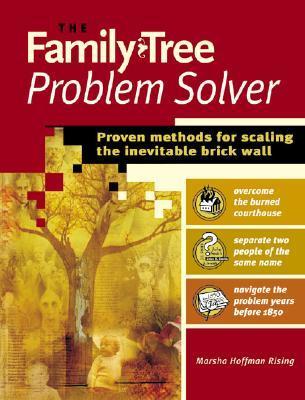What do you think?
Rate this book


The result is the best and most accessible book on the market about overcoming obstacles, from Family Tree magazine and Family Tree Books, the sources of genealogy's most popular publications!
240 pages, Paperback
First published January 1, 2005